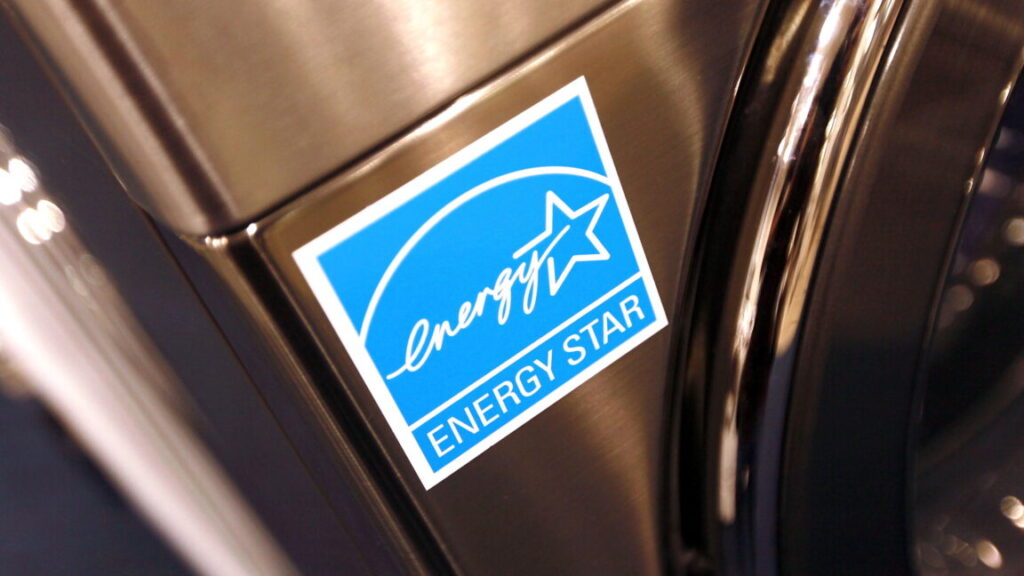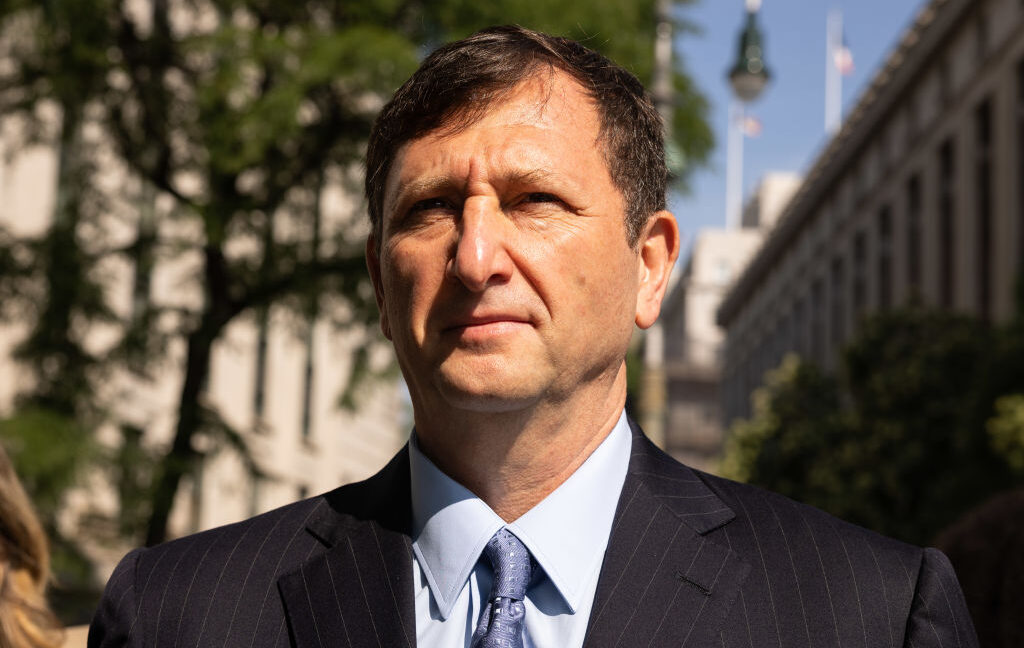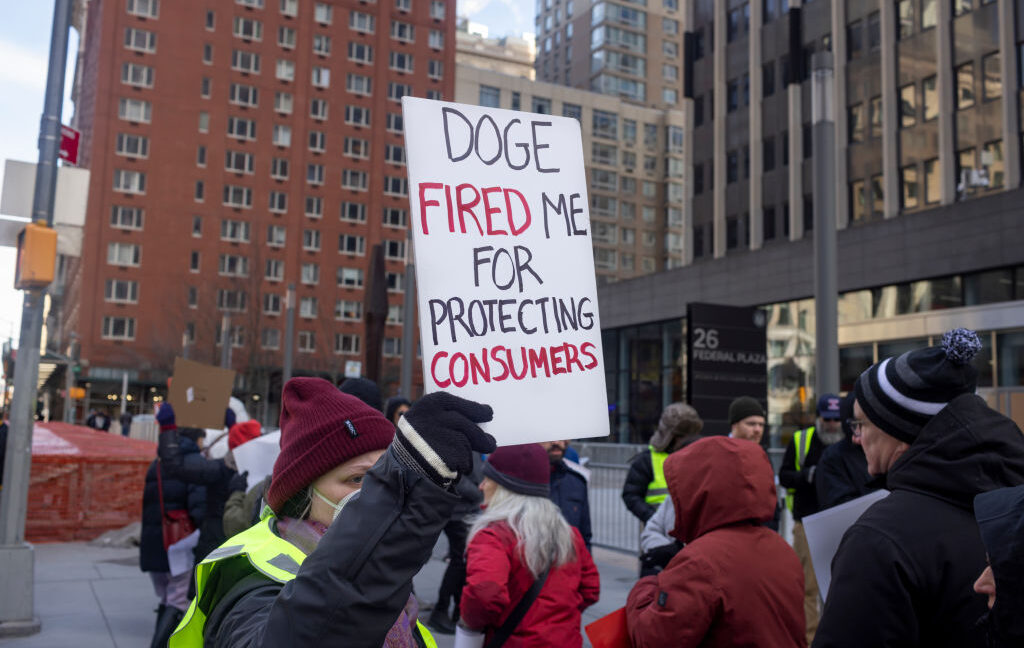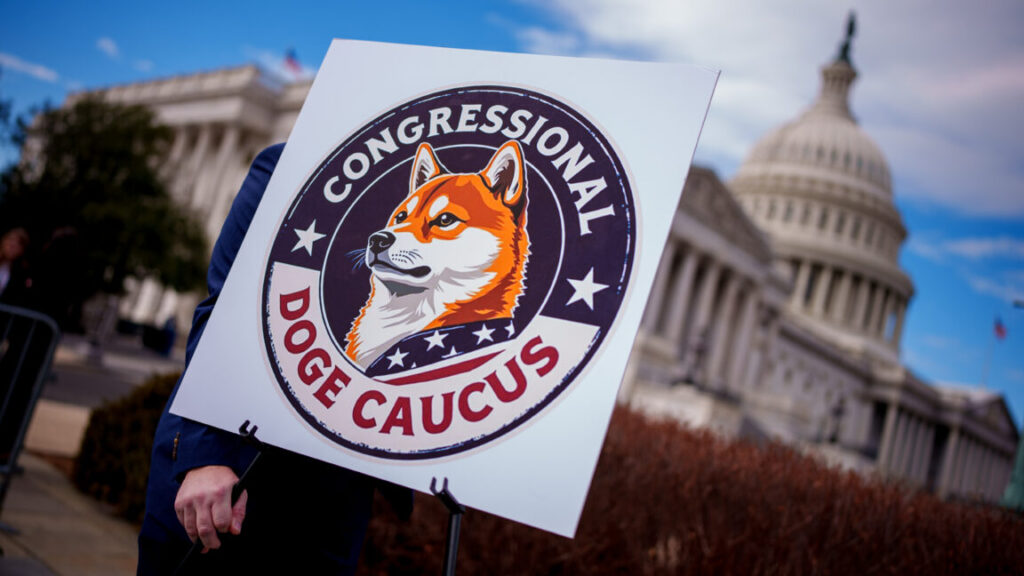US and China pause tariffs for 90 days as Trump claims “historic trade win”
The deal announced today “did not address what would happen to low-value ‘de minimis’ ecommerce packages shipped from China to the US,” Reuters wrote. The US imposed 120 percent tariffs on those packages. According to Axios, a White House official confirmed that small packages from China are still subject to 120 percent tariffs.
Treasury Secretary Scott Bessent said today that both governments want to avoid a severing of their economies but that the US still plans to impose tariffs on specific items that the White House wants to be produced in the US. Bessent said that “neither side wants a generalized decoupling. The US is going to do a strategic decoupling in terms of the items that we discovered during COVID were of national security interests, whether it’s semiconductors, medicine, steel, so we still have generalized tariffs on some of those, but both sides agree we do not want a generalized decoupling.”
The S&P 500 index was up about 2.6 percent today as of this writing, while the tech-focused NASDAQ Composite index had risen about 3.5 percent. Neither index has recovered to its record high after months of turmoil caused by Trump’s tariffs.
Reuters quoted Zhiwei Zhang, chief economist at Pinpoint Asset Management in Hong Kong, as saying that the 90-day deal was better than he expected. “I thought tariffs would be cut to somewhere around 50 percent,” Zhang said. “Obviously, this is very positive news for economies in both countries and for the global economy and makes investors much less concerned about the damage to global supply chains in the short term.”
In April, Trump raised tariffs on China while pausing tariff hikes on other countries for 90 days. Trump struck a trade deal with the UK last week, and talks with other countries are continuing.
US and China pause tariffs for 90 days as Trump claims “historic trade win” Read More »












